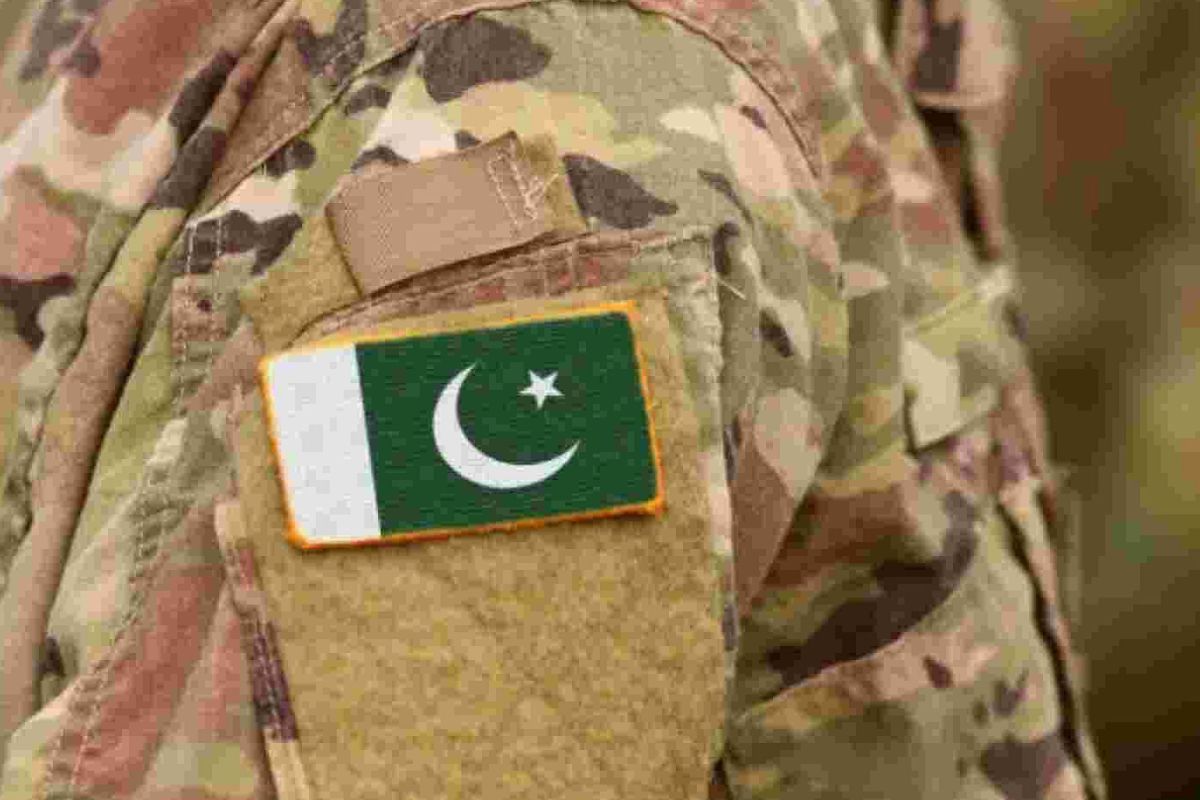Pakistan finds itself at a critical juncture, grappling with a multifaceted crisis that threatens its social fabric and political stability. While the nation’s political landscape has often been marked by military involvement, the recent foray of the armed forces into economic matters has raised eyebrows. Pakistan’s economy is in dire straits, with soaring inflation rates reaching a staggering 38 per cent, the highest since 1957. The industrial sector has contracted by 3 per cent and the country still bears the scars of the devastating floods of August 2022, which caused agricultural output to decline for the first time in two decades. Remittances from overseas workers have dropped by 13 per cent and foreign exchange reserves stand at a meagre $4.1 billion, barely enough to cover a month’s worth of imports. With external debt payments for the 2023-2024 fiscal year looming at $22 billion, Pakistan faces the imminent threat of default. In an unprecedented move, Pakistan’s army chief, General Asim Munir, recently engaged with 50 prominent businessmen in a bid to address the economic crisis that has fuelled protests across the nation. While the military has historically played a significant role in Pakistani politics, its direct involvement in economic matters represents a departure from the norm. The military’s engagement with the business community and attempts to stabilise the economy have raised scepticism among economists and experts. Above all, and although this line has been transgressed before, it raises concerns about the balance of power between civilian governance and the armed forces. Pakistan’s democracy, though fragile, has relied on civilian institutions to manage economic policies and reforms. The military’s active role in economic affairs calls into question the nation’s democratic processes and the role of elected leaders in shaping economic policy. The economic crisis has hit Pakistan’s social fabric hard, with the most vulnerable sections of society bearing the brunt of skyrocketing food and fuel prices. Protests have erupted across the country, reflecting the frustration of the masses. As the nation approaches national elections expected in February, these economic challenges and social unrest will undoubtdly be pivotal factors in shaping the political landscape. Pakistan’s economic instability has raised concerns among international partners, including the USA and China. The willingness of these nations to offer support is limited by worries about Pakistan’s security situation. Moreover, Pakistan’s ongoing fixation on India, at a time when Western and Gulf allies have shifted their strategic priorities toward Russia and China, has created a divergence in strategic worldviews. This divergence played a role in the drawn-out negotiations with the International Monetary Fund and the onerous economic conditions attached to the recent $3 billion Stand-By Arrangement. Pakistan’s path is riddled with challenges. Tackling the economic crisis, ensuring a healthy democratic process, and addressing the concerns of the most vulnerable in society requires a delicate balance. The nation must seek sustainable, longterm solutions that involve collaboration among experts, business leaders and elected representatives.
Advertisement









